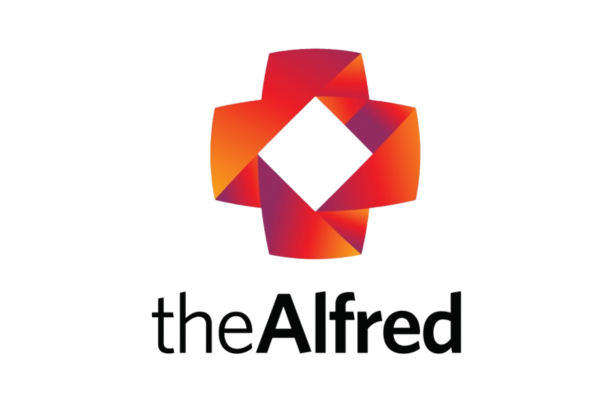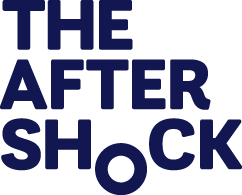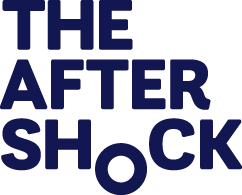With a 23% five-year survival rate1 for brain cancer, and only 5% five-year survival rate1 for the most diagnosed form of brain cancer, Glioblastoma, things need to change. These numbers are exactly why The Aftershock is focused on raising awareness and funding for high mortality rate cancers.
Thanks to ongoing support from our generous donors, we have been able to fund critical research in partnership with Monash University to improve the outlook for this cruel disease.
Using AI to create high-impact treatment plans
One of the most difficult tasks in treating brain tumours is distinguishing between progression (tumour growth) and pseudo-progression (false signals of tumour growth after treatment).
The world-class Department of Neuroscience team at Monash University, led by Professor Meng Law and his colleagues, have been using AI to analyse MRI scans and study the growth patterns of gliomas (a type of brain tumour). So far they’ve collected and catalogued over 7.5 million images from 7,930 MRI studies involving 690 patients. This extensive data helps researchers understand how gliomas grow naturally and respond to treatment. By analyzing these scans, they aim to predict how brain tumours will develop, which is essential for creating better treatment plans.
The research team is using deep learning AI techniques to improve how gliomas and other brain tumours are detected and categorized. They’re working toward generating fully 3D MRI scans of brain tumours, which will offer more detailed insights into tumour growth and predicting response to treatment. So far, the team has created proof-of-concept models that can generate AI models, a first step toward their ultimate goal.
Professors Meng Law and Mark Shackleton are also supervising a PhD student to develop AI models to predict outcome in patients with solid tumours such as breast, lung and colon cancer.
"This research aims to build a model that can predict changes over time on MRI scans, which is challenging but now possible thanks to advances in AI."
Dr. Jarrel Seah

Providing a national view on brain tumour resources
This project also forms the foundation for an Australia-wide Brain Tumour Registry, which will include MRI scans from hospitals across the country. This registry will help researchers collect valuable data to further understand brain tumours and improve patient outcomes.
To support this research, the team has set up an advanced research imaging platform called XNAT. This platform allows them to store and process large amounts of MRI data while maintaining patient confidentiality. It has already proven useful in other projects that apply AI to medical imaging, such as validating deep learning models that identify brain tumours and training neural networks to detect other conditions, like perivascular spaces in the brain.
Want to learn more?
If you’re interested in learning more about this research program, or would like to contribute towards it, please get in touch.
In research partnership with

